
China's Ministry of Public Security (MPS) said on December 22 that relevant authorities are identifying loopholes in the management of social platforms and setting up blacklists for illegal accounts, aiming to promote the healthy development of the sector.
MPS will prevent online misinformation, disseminated by KOLs (Key Opinion Leaders) or KOCs (Key Opinion Consumers) on the Internet, as well as actors trying to profit from spreading rumors.
New measures will be taken against internet influencers under the law, such as warnings and account suspensions.
From April to July 2023, the MPS carried out a special 100-day campaign to curb online rumors. So far, Chinese police have handled more than 4,800 cases, punished more than 6,300 individuals for spreading false rumors, and disabled 34,000 illegal accounts according to the law.
For Internet platforms that continue to take security responsibilities lightly, leading to the widespread spread of online rumors, MPS has announced a series of new solutions.
For Internet platforms that often have online rumors, have difficulty verifying account owner information, and have many risky vulnerabilities, MPS will remind and request to fix the limited issues within a certain period of time.
MPS will mobilize the whole society to participate in managing online rumors, including Internet companies, industry associations, cyber volunteers and research organizations.
In addition, value orientation in the fields of media, e-commerce and entertainment will be rectified, eliminating the trend of 'reckless action for the sole purpose of attracting attention'.
Third is to establish a blacklist of illegal social media accounts on all platforms, limiting the opportunity for legal entities that have broken the law to continue participating in online content production.
MPS announced that it will strengthen public guidance and reminders for KOLs and KOCs, proactively explain relevant regulations, andeducate and guide online influencers to comply with the law in combating the spread of false rumors.
On December 12, China's Internet regulator launched a special month-long campaign to tackle negative content in short videos , including spreading false information, displaying inappropriate content, and promoting wrong cultural values.
(according to Globaltimes)

AI Shocks as it Wins Major Literary Award in China

Trend of using AI to digitally 'resurrect' the dead in China

AI will contribute $4.2 trillion to China's economy by 2035

The AI Revolution is Happening in China
Source




![[Photo] Prime Ministers of Vietnam and Thailand visit the Exhibition of traditional handicraft products](https://vphoto.vietnam.vn/thumb/1200x675/vietnam/resource/IMAGE/2025/5/15/6cfcd1c23b3e4a238b7fcf93c91a65dd)

![[Photo] National Assembly Chairman Tran Thanh Man meets with Thai Prime Minister Paetongtarn Shinawatra](https://vphoto.vietnam.vn/thumb/1200x675/vietnam/resource/IMAGE/2025/5/15/e71160b1572a457395f2816d84a18b45)











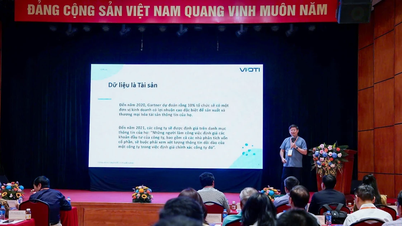















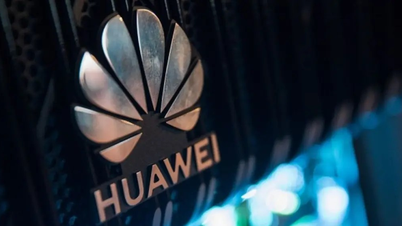































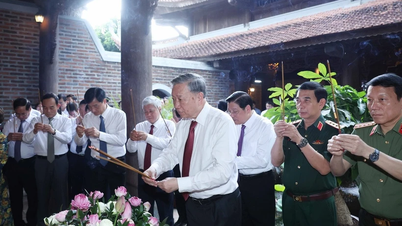
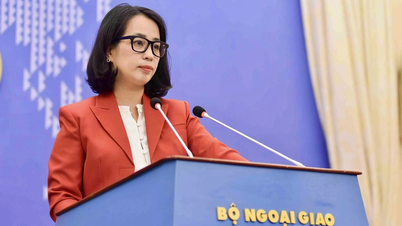








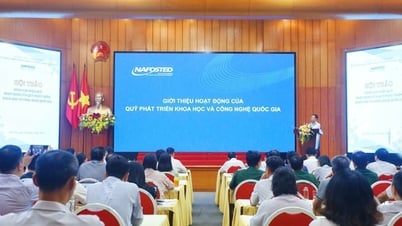




















Comment (0)